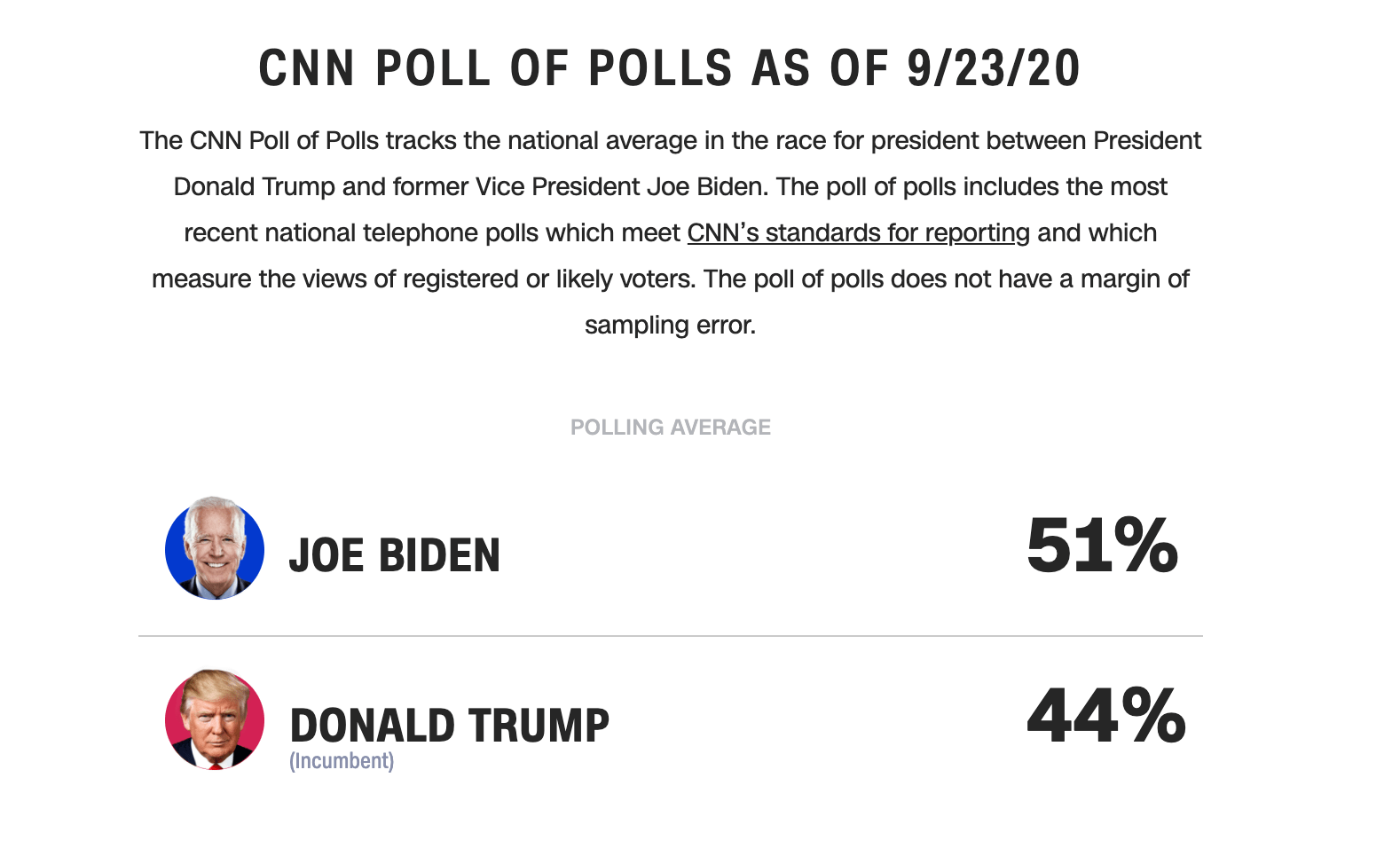### What is a Guarantor on a Loan: Understanding the Role and Importance in Borrowing
Guide or Summary:What is a Guarantor on a Loan?Why Do Lenders Require a Guarantor?Responsibilities of a GuarantorImplications for Borrowers and GuarantorsWh……
Guide or Summary:
- What is a Guarantor on a Loan?
- Why Do Lenders Require a Guarantor?
- Responsibilities of a Guarantor
- Implications for Borrowers and Guarantors
When seeking financial assistance through a loan, many individuals may encounter the term "guarantor." But what is a guarantor on a loan, and why is it significant in the borrowing process? In this article, we will delve into the concept of a guarantor, the responsibilities they hold, and the implications for both the borrower and the guarantor.
What is a Guarantor on a Loan?
A guarantor on a loan is an individual or entity that agrees to take responsibility for repaying the loan if the primary borrower fails to do so. Essentially, the guarantor acts as a safety net for the lender, providing additional assurance that the loan will be repaid. This arrangement is particularly common in situations where the borrower may have a limited credit history, a low credit score, or insufficient income to qualify for the loan on their own.

Why Do Lenders Require a Guarantor?
Lenders often require a guarantor to mitigate the risk associated with lending money. When a borrower has a poor credit history or lacks a substantial income, the likelihood of default increases. By having a guarantor, the lender can reduce this risk, as the guarantor's financial stability provides a backup source of repayment. This requirement can make it easier for borrowers to secure loans that they might not otherwise qualify for.
Responsibilities of a Guarantor
Being a guarantor comes with significant responsibilities. If the primary borrower defaults on the loan, the guarantor is legally obligated to repay the outstanding amount. This can include the principal amount, interest, and any associated fees. As a result, it is crucial for potential guarantors to carefully consider their financial situation and the potential risks involved before agreeing to take on this role.

Implications for Borrowers and Guarantors
For borrowers, having a guarantor can make the difference between securing a loan or being denied. It can also lead to better loan terms, such as lower interest rates, because the lender perceives a reduced risk. However, borrowers should ensure that they can meet their repayment obligations, as defaulting can have serious consequences for both themselves and their guarantor.
For guarantors, the implications are equally significant. They should assess their own financial stability and be prepared for the possibility of having to cover the loan in case of a default. Additionally, being a guarantor can affect their credit score and borrowing capacity, as lenders may consider the guaranteed loan when evaluating their creditworthiness for future loans.

In summary, understanding "what is a guarantor on a loan" is essential for both borrowers and potential guarantors. This arrangement can facilitate access to loans for individuals who might otherwise struggle to obtain financing. However, it also carries risks and responsibilities that must be carefully weighed. Before entering into such an agreement, all parties involved should communicate openly about their financial situations and ensure that they are comfortable with the terms and potential outcomes of the loan. By doing so, they can navigate the borrowing process more effectively and responsibly.